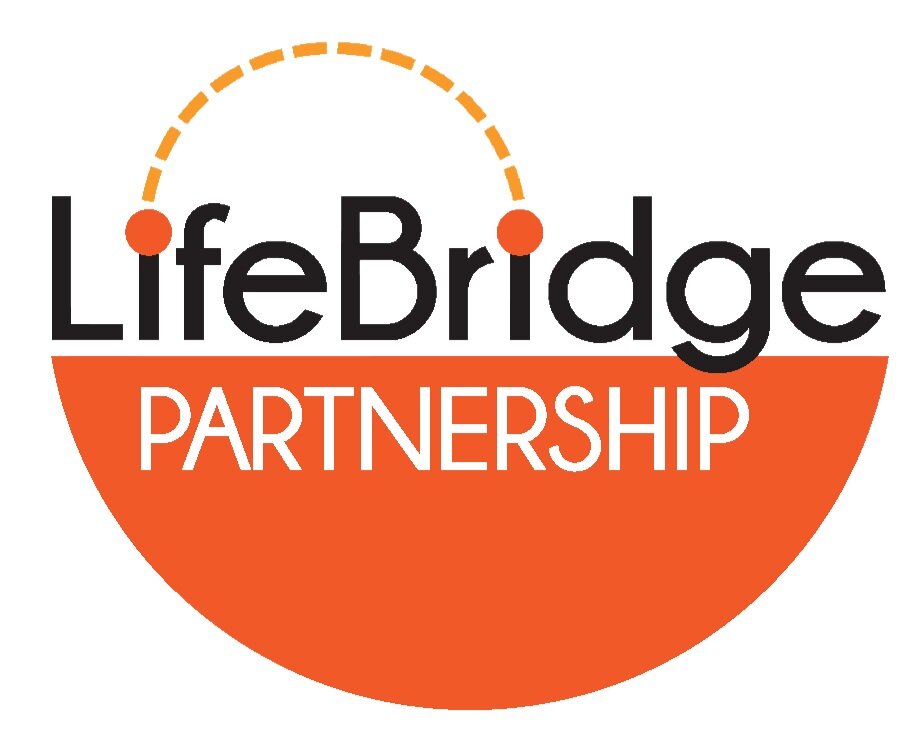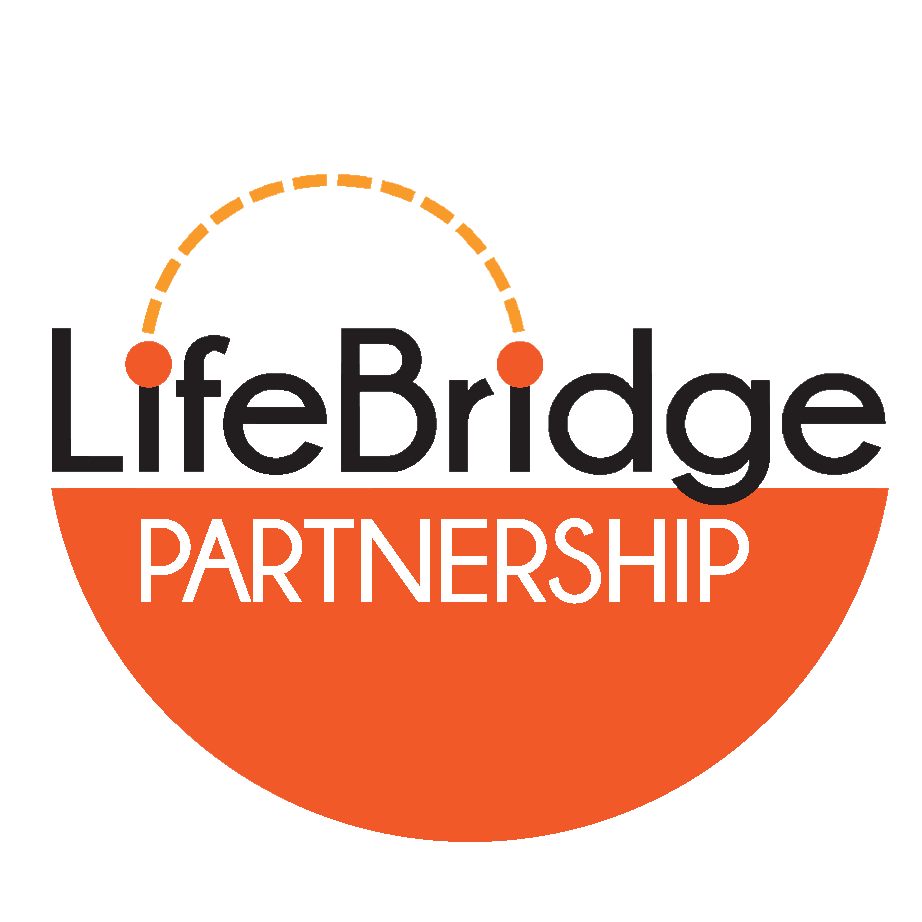Ability Awareness Days
One of my favorite duties as the CEO of LifeBridge Partnership is to participate in ability awareness events at local schools. We’ve been on hiatus from that for a couple years. You can probably guess why. But, we are finally getting back to “normal” and those events are back on our calendar!
Children are naturally curious and loving. I believe they just want to understand our world. When given the opportunity, they ask wonderfully honest questions. By having those questions answered, they learn to understand what they are observing or experiencing. Understanding promotes empathy, acceptance, and inclusion. All of these are critical to a person experiencing a sense of belonging.
I can recall a few years ago, a speaker engaged students by asking them about soccer: Do you play soccer? Do you use your legs and feet to play soccer? Did you know there are other ways to play soccer? She went on to explain that people who use a wheelchair also enjoy playing sports. And, for someone who uses a wheelchair, they play soccer by rolling their wheelchair and pushing the ball. The speaker said it so well, “Each person has their own normal.” She pointed out to the kids that their normal was to play soccer by running around and kicking the ball with their feet. The kids had a great discussion about how to include people with different abilities and different ways of playing.
When we participate in ability awareness days, we have the students play games. However, we add a challenge to each game such as playing Jenga while wearing oven mitts and racing to build a Lego tower with limited use of their hands or blindfolded. Inevitably, the students wonder why they have to play the games this way, saying “it’s too hard!” This opens the door to great conversations about how disabilities affect everyday life and how people adapt activities so they can do what they want and need to do.
All of us use adaptations to make our life easier or overcome challenges…wearing glasses or contacts to see better, use a device to speak with others, use a stool to reach that high shelf in your kitchen, use a calculator to figure out the tip at a restaurant. We all have tools or methods for getting something done.
Each of us is our own unique, wonderfully made individual being with hopes, dreams, abilities, and the need for someone to help us or to adapt the way we do something to make it work better for us. By understanding and respecting another person’s normal, we promote belonging.
Karen Schuster, CEO

